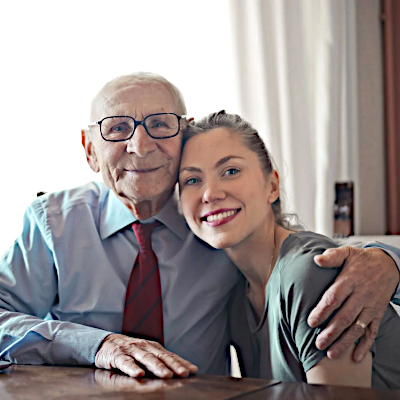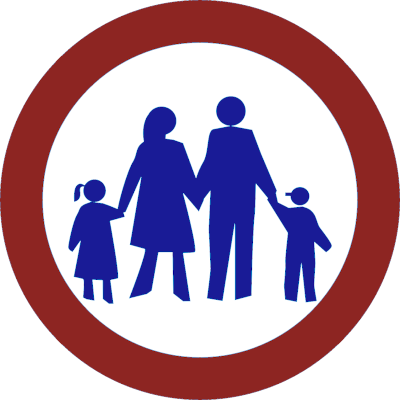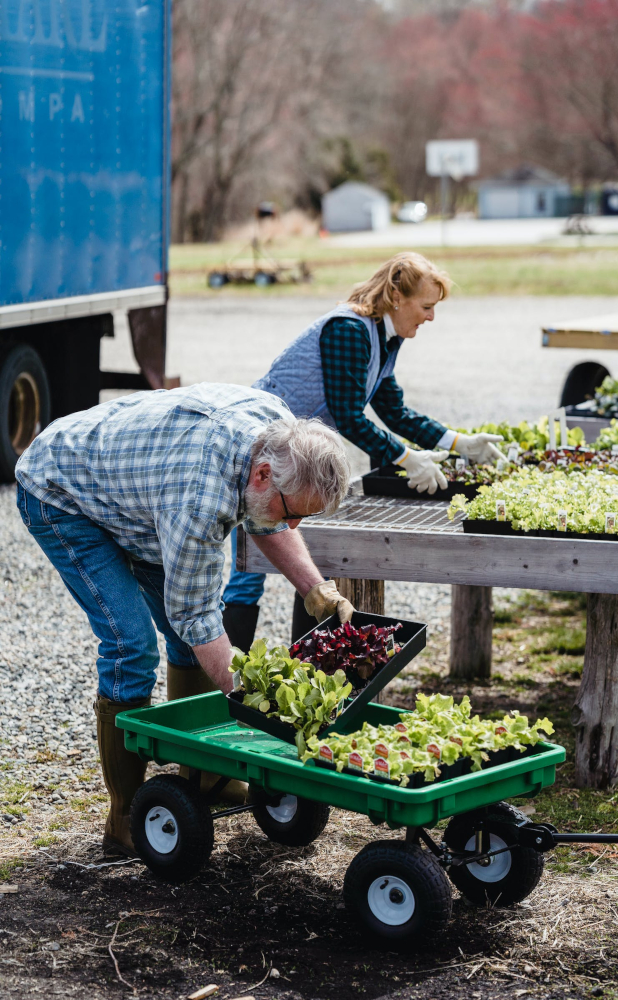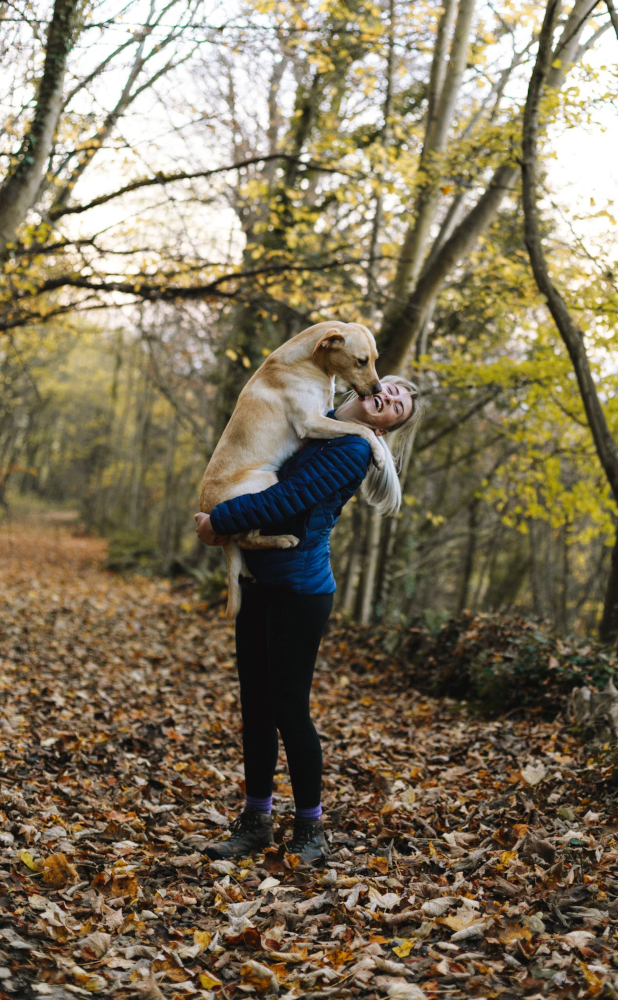3 Things People Fear Most About Growing Old and How to Overcome These Fears |
 Lifestyle
Lifestyle
One of the most common fears associated with growing old is the fear of physical decline. As we age, our bodies may start to experience various health issues, such as chronic pain, reduced mobility, and a decline in overall energy levels. This fear often stems from the uncertainty of how our bodies will change and whether we will be able to maintain our independence.
There are three ways to overcome this fear:

Another common fear related to growing old is the fear of mental decline, such as memory loss and cognitive decline. Many people worry about losing their mental sharpness and independence as they age.
There are three ways to overcome this fear:

Growing old sometimes comes with a fear of loneliness and isolation. The loss of loved ones and reduced social connections can lead to feelings of loneliness, which can have a negative impact on both mental and physical health.
There are three ways to overcome this fear:

Growing old may come with its challenges, but by addressing and overcoming our fears, we can embrace this new chapter of life with confidence and vitality. Remember, aging is a natural process that offers opportunities for personal growth, wisdom, and new experiences. By staying physically and mentally active, maintaining social connections, and adopting a positive mindset, we can navigate the aging journey with grace and peace of mind.
I hope this article has helped you.
Thank you for visiting us. Please visit us again. You are always welcome.
AND:
Remember! At SurfSideSafe, we are here to make your life much better.
Join SurfSideSafeCreating an account with SurfSideSafe is very easy.In a few minutes, you will have the best Social Media experience you have ever had in your life.  |

A calmer, safer, easier place to connect

Creating an account with SurfSideSafe is very easy.
In a few minutes, you will have the best Social Media experience you have ever had in your life.
